Kolkata: The Council for the Indian School Certificate Examination (CISCE) has released a handbook on inclusive education.
This handbook aims to help teachers identify and support children with special needs and address diversity in their classrooms.
CISCE has identified three main barriers to inclusive education. These are:
- Infrastructural,
- Attitudinal
- Social
They have suggested interventions for each.
Infrastructure-related interventions include tactile flooring for visually impaired students, signage with contrasting colours and fonts and flexible seating based on learning needs.
Social interventions include classroom activities that promote respect and acceptance among peers, as well as anti-bullying programs.
The handbook also highlights the importance of gender and socio-economic diversity in inclusive classrooms.
It recommends strategies that are culturally sensitive and encourage children to share aspects of their customs and traditions with peers.
Some parents often struggle to understand their child’s LGBTQ+ identity. The handbook recommends that schools invite professionals to educate parents about sexual orientation and gender identity –
- To promote the inclusion and equal participation of children with disabilities, CISCE proposes
- To recruit special educators with cross-disability training
- To ensure barrier-free access with necessary accommodations and support mechanisms
- To provide assistance devices and appropriate technology-based tools
- To offer teaching and learning materials in accessible formats such as large print and Braille.
The 123-page handbook seeks to create a sense of belonging by including all students in the same environment and encouraging interaction to develop social skills.




























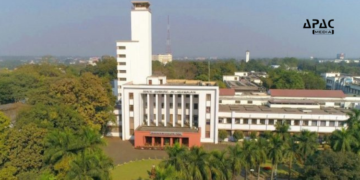



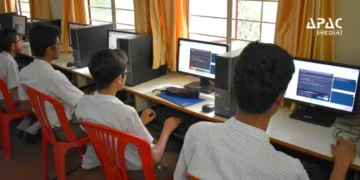

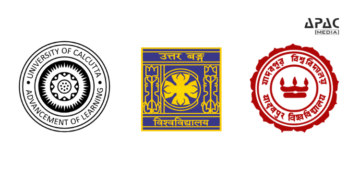








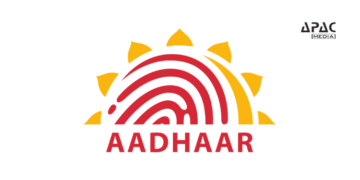
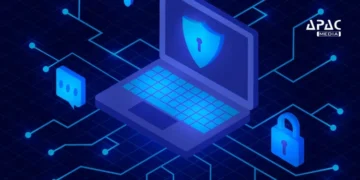


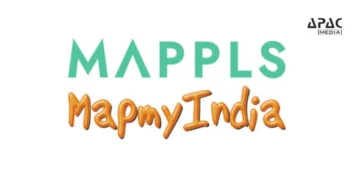















Discussion about this post